Marcus Claudius Marcellus: The Sword of Rome
Introduction: A Hero of the Roman Republic
Marcus Claudius Marcellus was one of the most celebrated military leaders of the Roman Republic, renowned for his battlefield prowess and strategic brilliance. Born around 268 BC into the prestigious Claudian family, Marcellus rose to prominence during one of Rome's most turbulent periods—the Second Punic War (218–201 BC). His fierce determination and leadership earned him the nickname "The Sword of Rome," a testament to his role in defending the Republic against its greatest existential threat: Hannibal Barca and the Carthaginian Empire.
Early Life and Political Career
Little is known about Marcellus' early years, but he hailed from the patrician *gens Claudia*, a family with a long history of political and military service. His early career followed the traditional Roman political ladder, the *cursus honorum*, which prepared young aristocrats for leadership. He served as a junior officer before being elected as a curule aedile in 226 BC, a position responsible for public works and festivals. His military aptitude soon became evident, and by 222 BC, he was elected consul, the highest office in the Republic.
The Gallic Wars and Rise to Fame
Marcellus first gained widespread acclaim during the Roman campaigns against the Insubres, a Gallic tribe in northern Italy. At the Battle of Clastidium in 222 BC, he achieved one of the rarest feats in Roman military history—he slew the enemy leader, Viridomarus, in single combat. This act of *spolia opima* (the spoils taken from an enemy leader by a Roman commander) had only been accomplished twice before, reportedly by Romulus and Aulus Cornelius Cossus. This victory solidified Marcellus' reputation as a warrior and cemented his status as a national hero.
The Second Punic War and the Struggle Against Hannibal
The outbreak of the Second Punic War in 218 BC brought Rome to the brink of disaster. Hannibal's daring crossing of the Alps and his crushing victories at Trebia, Lake Trasimene, and Cannae left Roman forces devastated. In this desperate hour, Marcellus emerged as one of the few commanders capable of standing against Carthage's greatest general.
The Siege of Syracuse
In 214 BC, Marcellus was tasked with recapturing the strategic city of Syracuse in Sicily, which had defected to Carthage. The city was heavily fortified and defended by the brilliant engineer Archimedes, whose war machines—such as claw-like cranes to overturn ships and parabolic mirrors to set them ablaze—made conventional siege tactics nearly impossible. Despite these challenges, Marcellus successfully breached the city's defenses in 212 BC after a prolonged siege, though the death of Archimedes during the sack remains a controversial episode in his legacy.
The Campaigns in Southern Italy
Following Syracuse's fall, Marcellus was sent to southern Italy to counter Hannibal's forces. Unlike other Roman generals who avoided direct confrontation, Marcellus engaged Hannibal in several pitched battles at Nola (216–214 BC), preventing the Carthaginians from gaining further footholds in Italy. Though he couldn’t deliver a decisive victory, his aggressive tactics kept Hannibal from exploiting his earlier successes.
Legacy and Controversies
Marcellus remains a complex figure in Roman history. His admirers praised him as Rome's savior, while critics accused him of excessive brutality, particularly in the sack of Syracuse. Nevertheless, his military innovations, including the use of flexible tactics against Hannibal, influenced future Roman commanders. His death in 208 BC, ambushed by Carthaginian forces near Venusia, was a significant blow to Rome, but his legacy endured as a symbol of Republican virtue and martial excellence.
In the next part, we will explore Marcellus' later campaigns, his rivalry with fellow Roman generals, and the enduring impact of his military strategies.
Marcellus' Later Campaigns and Rivalries
Following his key victories in Sicily and Southern Italy, Marcus Claudius Marcellus continued to play a critical role in Rome's war efforts against Carthage. His later campaigns demonstrated both his tactical genius and the growing tensions within Rome's own command structure. Unlike many of his contemporaries, who favored a strategy of attrition, Marcellus remained a staunch advocate of direct confrontation, believing that only aggressive action could break Hannibal’s grip on Italy.
The Struggle for Control of Campania
After the fall of Syracuse, Marcellus shifted his focus back to the Italian mainland, where Hannibal still posed a dire threat. The region of Campania, particularly the cities of Nola and Capua, became a battleground for control. In 210 BC, Capua—one of Rome’s wealthiest allies—had defected to Hannibal, providing him with crucial supplies and manpower. Marcellus orchestrated a series of raids and skirmishes to weaken the city’s defenses before the Romans finally besieged and recaptured it in 211 BC. This victory was a turning point, demonstrating that Rome could reclaim its lost territories.
Conflict with Fabius Maximus and Strategic Divisions
Marcellus' aggressive approach often put him at odds with Quintus Fabius Maximus Verrucosus, another leading Roman general. Fabius, known as "Cunctator" (the Delayer), believed in avoiding direct battles with Hannibal, instead wearing him down through harassment and scorched-earth tactics. This clash in strategy reflected a deeper divide within Roman leadership. Marcellus argued that Rome needed decisive victories to restore morale, while Fabius warned that reckless engagements could lead to another disaster like Cannae. Despite their rivalry, both commanders were essential to Rome’s eventual success—Marcellus by keeping Hannibal on the defensive, and Fabius by preventing further catastrophic defeats.
The Last Campaigns and Death
By 208 BC, Marcellus had been elected consul for the fifth time—an extraordinary honor that underscored his importance to Rome’s war effort. That same year, he prepared a new offensive in Apulia, hoping to lure Hannibal into a decisive battle. However, destiny had other plans. While conducting reconnaissance near Venusia with a small escort, Marcellus was ambushed by a Carthaginian cavalry detachment. In the ensuing skirmish, he was fatally wounded, dying before reinforcements could arrive.
The Impact of His Death
The news of Marcellus' death sent shockwaves through Rome. He was one of the few commanders who had consistently challenged Hannibal in the field, and his loss deprived the Republic of one of its boldest leaders. The Senate declared a period of public mourning, and his memory was honored with a state funeral. Hannibal himself, recognizing his fallen adversary’s skill, reportedly paid respects to Marcellus’ body—an extraordinary gesture between enemies.
Military Innovations and Leadership Style
Marcellus' campaigns were marked by a blend of traditional Roman discipline and innovative tactics. Unlike many Roman generals who relied on sheer numbers, Marcellus emphasized mobility, surprise attacks, and rapid redeployment—methods he likely adapted from studying Hannibal’s own strategies. He also pioneered the use of specialized units, such as light infantry and cavalry detachments, to exploit weaknesses in enemy formations.
Legacy in Roman Warfare
Marcellus’ influence extended beyond his lifetime. Future commanders, including Scipio Africanus, studied his methods, particularly his willingness to experiment with unconventional tactics. His ability to adapt to the challenges posed by Hannibal’s genius laid the groundwork for Rome’s eventual shift toward more flexible, combined-arms warfare—a key factor in the empire’s later conquests.
Personal Life and Character
Beyond his military career, Marcellus was known for his austere lifestyle and deep sense of duty. Unlike many aristocrats of his time, he reportedly lived modestly, sharing the hardships of his soldiers and leading from the front in battle. This earned him immense loyalty among his troops. Ancient historians like Plutarch and Livy depict him as fiercely competitive but also honorable, a man who valued *virtus* (military virtue) above political intrigue.
The Shadow of Controversy
Despite his heroism, Marcellus’ legacy was not without blemish. His sack of Syracuse, though militarily necessary, drew criticism for the destruction of Greek cultural treasures and the killing of civilians, including Archimedes—an act later Roman historians viewed as a stain on his record. Some of his political opponents also accused him of seeking personal glory at the expense of Rome's broader strategy, though such claims may have been exaggerated by factional rivalries.
The Sword of Rome in Memory and Myth
In the centuries after his death, Marcellus became a legendary figure, symbolizing the ideal Roman general: brave, relentless, and dedicated to the Republic. His life inspired countless retellings, from epic poems to Renaissance artworks. Even today, historians debate whether his aggressive approach prolonged the war or hastened its end—but none dispute that Rome might not have survived without his victories.
In the final section, we will examine how later generations remembered Marcellus, his influence on Roman military doctrine, and his place in the pantheon of history’s greatest commanders.
Marcellus in History and Legend
Marcus Claudius Marcellus’ legacy transcends his battlefield exploits, weaving into the cultural and political fabric of Rome long after his death. Ancient historians, poets, and later writers grappled with his complex character—part hero, part controversial figure—solidifying his place as one of the Republic’s most compelling leaders. His story became a moral parable about Roman virtues and the costs of war.
Ancient Historians’ Perspectives
Livy and Plutarch, the primary sources on Marcellus, painted him as a man of contradictions. Livy praised his tactical brilliance but criticized his impulsiveness, suggesting that his aggression sometimes overrode strategic prudence. Plutarch, meanwhile, framed Marcellus as a tragic hero whose flaws—ambition, stubbornness—were inseparable from his greatness. Both historians emphasized his *dignitas* (prestige) and *gravitas* (seriousness), qualities that resonated with Rome’s idealized self-image. Later Roman emperors, particularly Augustus, invoked Marcellus as a symbol of martial virtue to legitimize their regimes.
Archimedes and the Ethics of War
The death of Archimedes during the Sack of Syracuse remains a focal point of Marcellus’ ethical legacy. Ancient accounts claim that Marcellus had ordered the genius mathematician spared, but a Roman soldier killed him amid the chaos. While some historians view this as an unavoidable tragedy of war, others argue it reflects Marcellus’ failure to control his troops. The incident also sparked debates in antiquity about the balance between military necessity and cultural preservation—a theme still relevant today.
Marcellus’ Influence on Roman Military Doctrine
Marcellus’ innovations forced Rome to rethink its rigid military traditions. His campaigns demonstrated the effectiveness of adaptable tactics against unconventional foes like Hannibal, paving the way for reforms that would define Rome’s imperial armies.
From Phalanx to Flexibility
Prior to Marcellus, Roman legions relied on the manipular legion—a flexible but still regimented system. Marcellus’ use of decentralized tactics, such as ambushes and rapid maneuver warfare, influenced later commanders like Scipio Africanus, who defeated Hannibal at Zama. By the time of Julius Caesar, Roman armies had fully embraced the combined-arms approach Marcellus pioneered.
The "Sword and Shield" Paradigm
Marcellus and Fabius Maximus came to represent two archetypes of Roman strategy: the relentless attacker and the cautious defender. Future generals studied their duality, recognizing that warfare demanded both approaches. This "sword and shield" philosophy became embedded in Roman military thought, evident in later conflicts from the Gallic Wars to the defense of the empire’s borders.
Cultural Legacy: From Antiquity to Modernity
Marcellus’ legend grew posthumously, inspiring art, literature, and political symbolism across millennia.
Roman Iconography and Imperial Propaganda
Augustus, whose full name was Gaius Octavius, strategically linked himself to Marcellus by naming his nephew and heir Marcus Claudius Marcellus. The younger Marcellus was groomed as Augustus’ successor before his untimely death, further mythologizing the name. Temples and coins bearing Marcellus’ likeness reinforced his image as a model of Roman excellence.
Renaissance Revival
During the Renaissance, Marcellus’ story was revived as a classical exemplar of leadership. Machiavelli referenced him in *The Prince* as a leader who balanced force with pragmatism. Artists like Andrea Mantegna depicted his triumphs, while playwrights dramatized his clashes with Hannibal—often romanticizing his "spolia opima" as the ultimate act of heroism.
Debates Among Modern Historians
Contemporary scholars continue to reassess Marcellus’ impact with nuanced perspectives.
The "Necessary General" Theory
Some argue that Marcellus’ relentless campaigns, though costly in lives, were essential to preventing Hannibal from consolidating power in Italy. His battles at Nola and elsewhere kept Carthage from gaining critical alliances, buying Rome time to recover from Cannae and rebuild its armies.
The Critique of Brutality
Revisionist historians emphasize the darker aspects of Marcellus’ campaigns—particularly the sack of Syracuse—as early examples of total war. His tactics, they argue, blurred the line between military necessity and excessive violence, setting precedents for Rome’s later ruthless expansion.
Marcellus in Popular Culture
Though less prominent than Hannibal or Caesar in modern media, Marcellus appears in novels like *The Sword of Rome* by David Anthony Durham and the *Strategy of Victory* series. Documentaries on the Punic Wars invariably feature his exploits, often framing him as Rome’s "forgotten champion."
Conclusion: The Enduring Duel of Legends
Marcellus’ life encapsulates the paradoxes of Roman history: a defender of the Republic whose methods hastened its transformation into an empire; a conqueror who revered Greek culture yet destroyed one of its greatest cities. His rivalry with Hannibal became a timeless narrative of clashing ideologies—Hannibal the visionary outsider, Marcellus the relentless patriot.
Though overshadowed in modern memory by Julius Caesar or Scipio, Marcellus’ influence is indelible. He reshaped Roman warfare, challenged its conventions, and embodied the virtues—and hubris—of a rising superpower. In the end, his greatest legacy may be the lesson that even the sharpest sword cannot carve destiny alone; it is the hand that wields it, and the cause it serves, that history remembers.

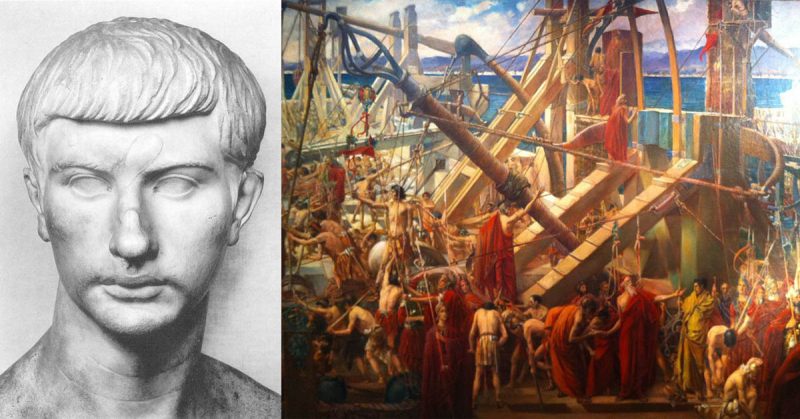

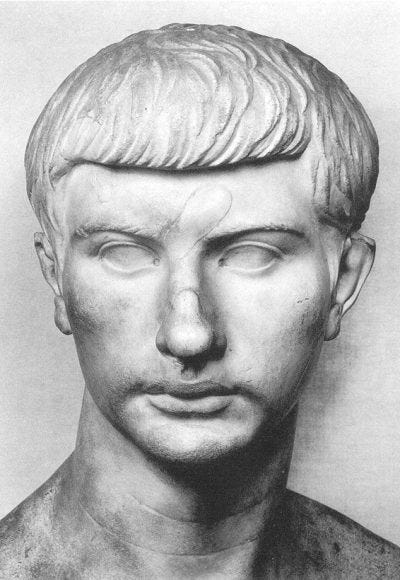


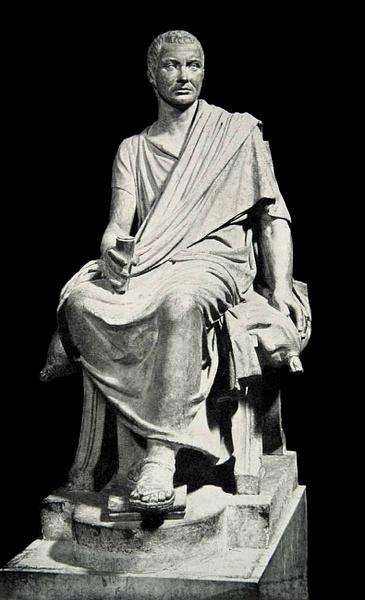



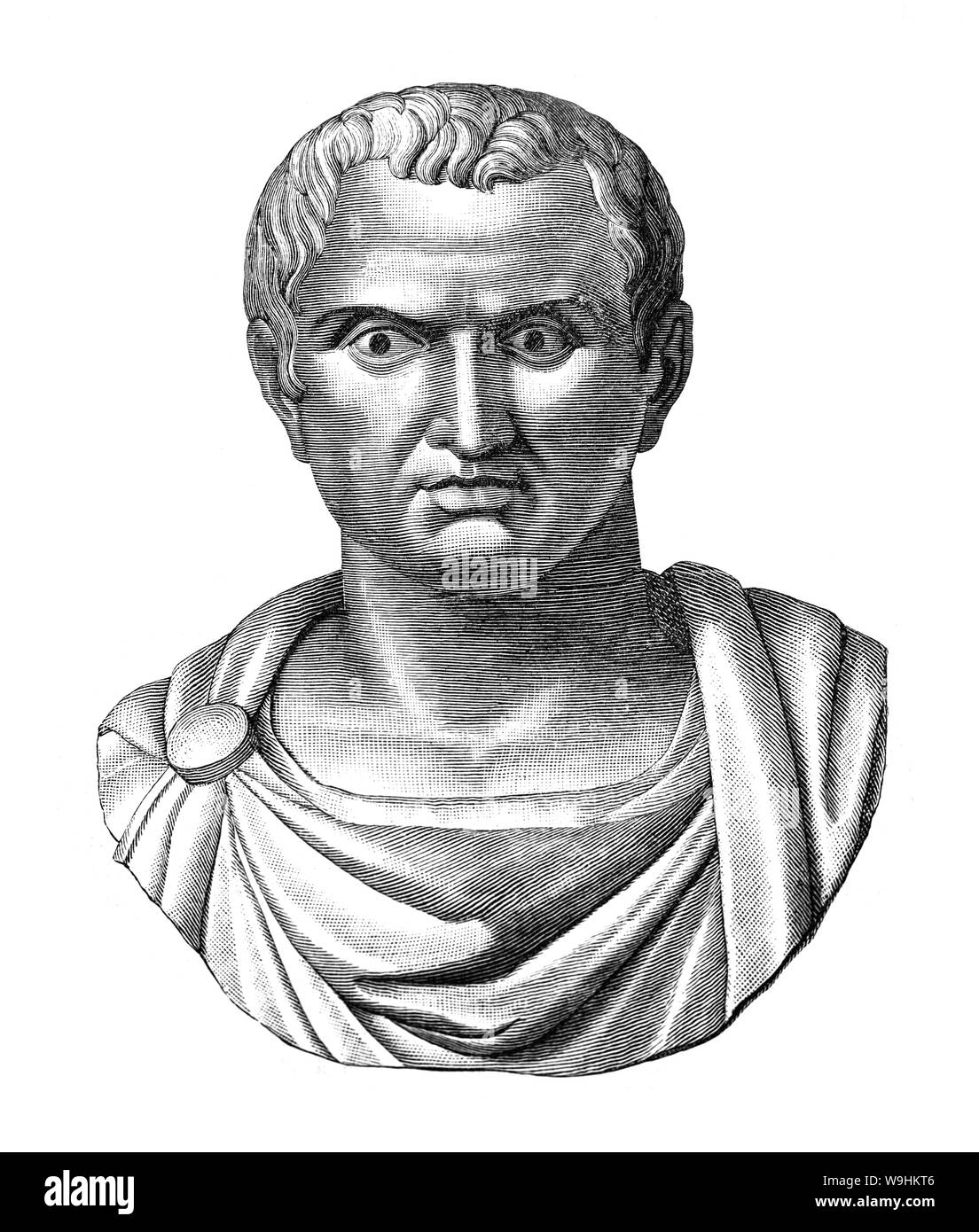
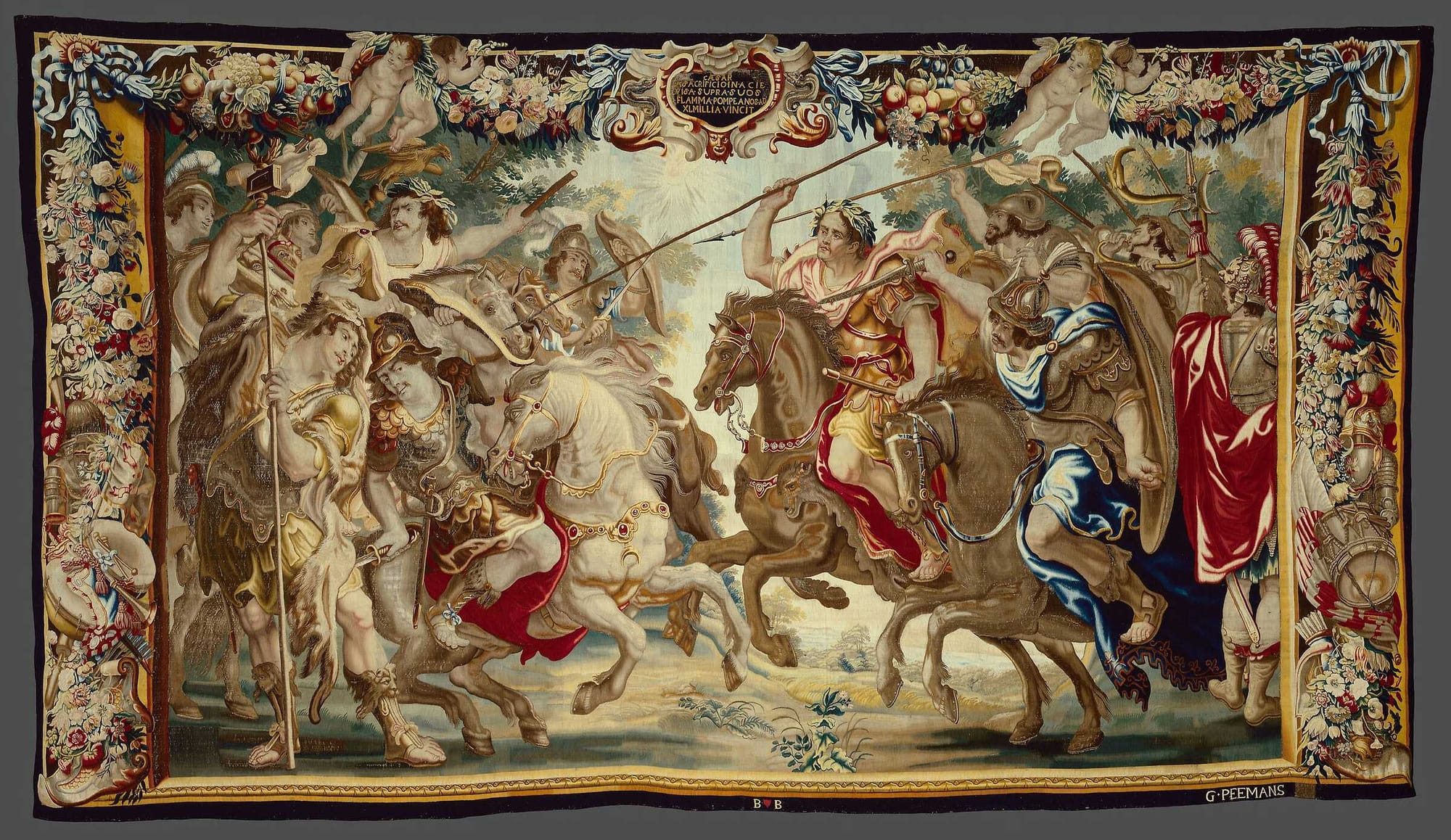
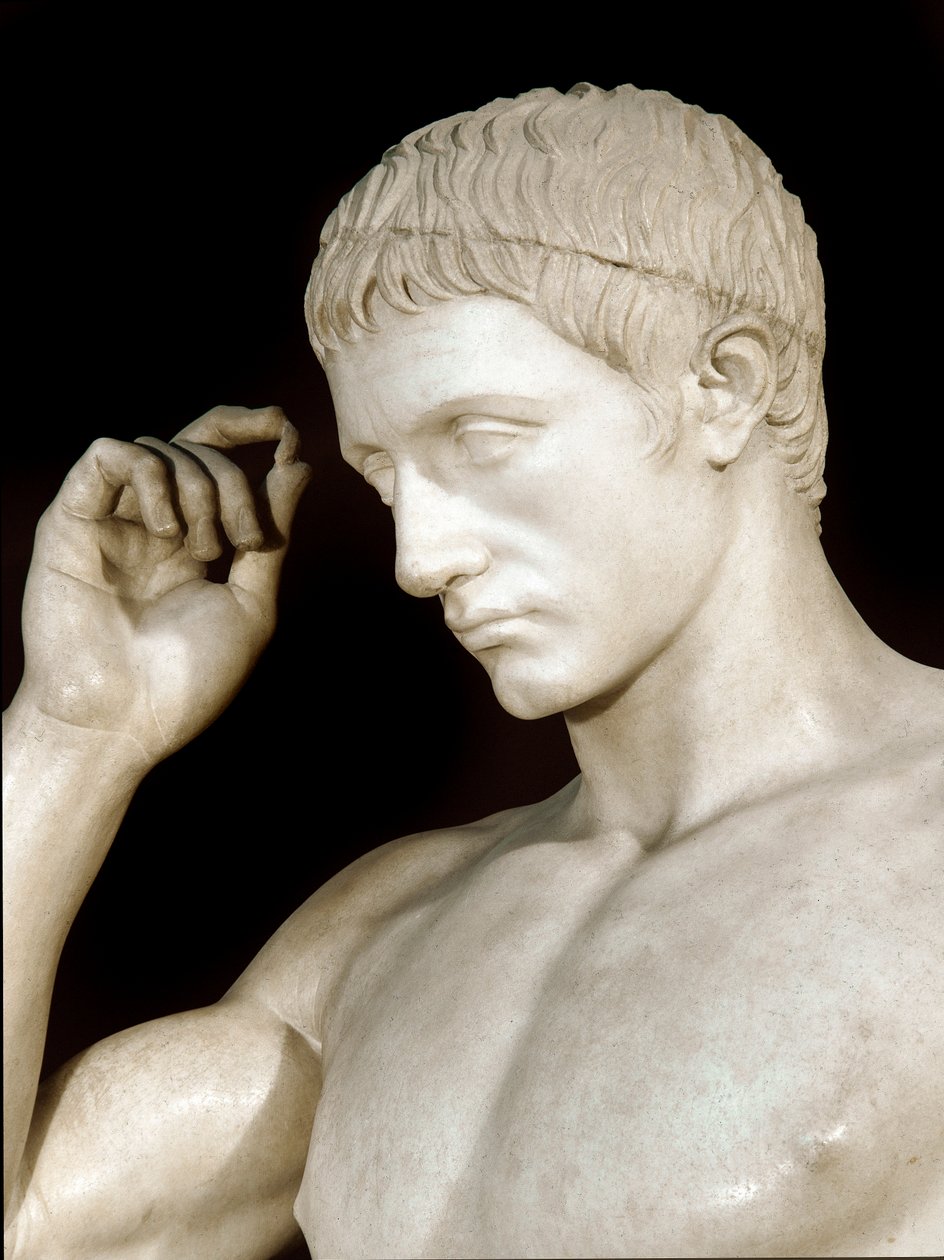
Comments